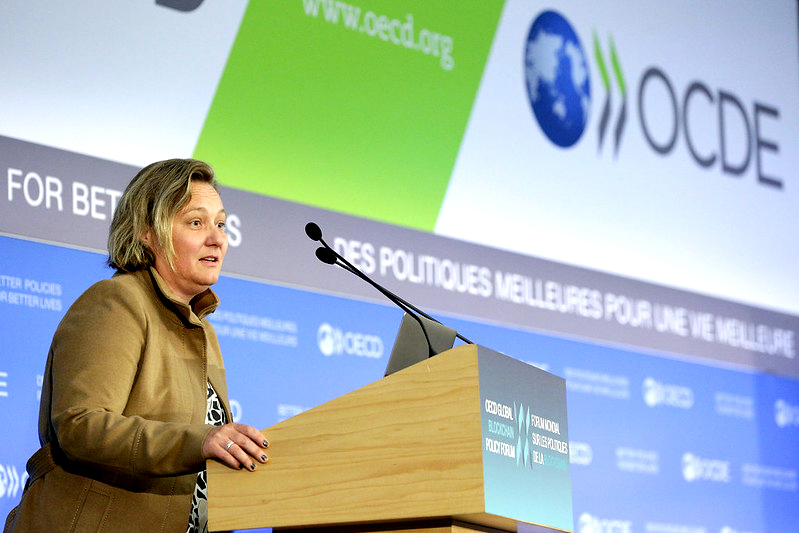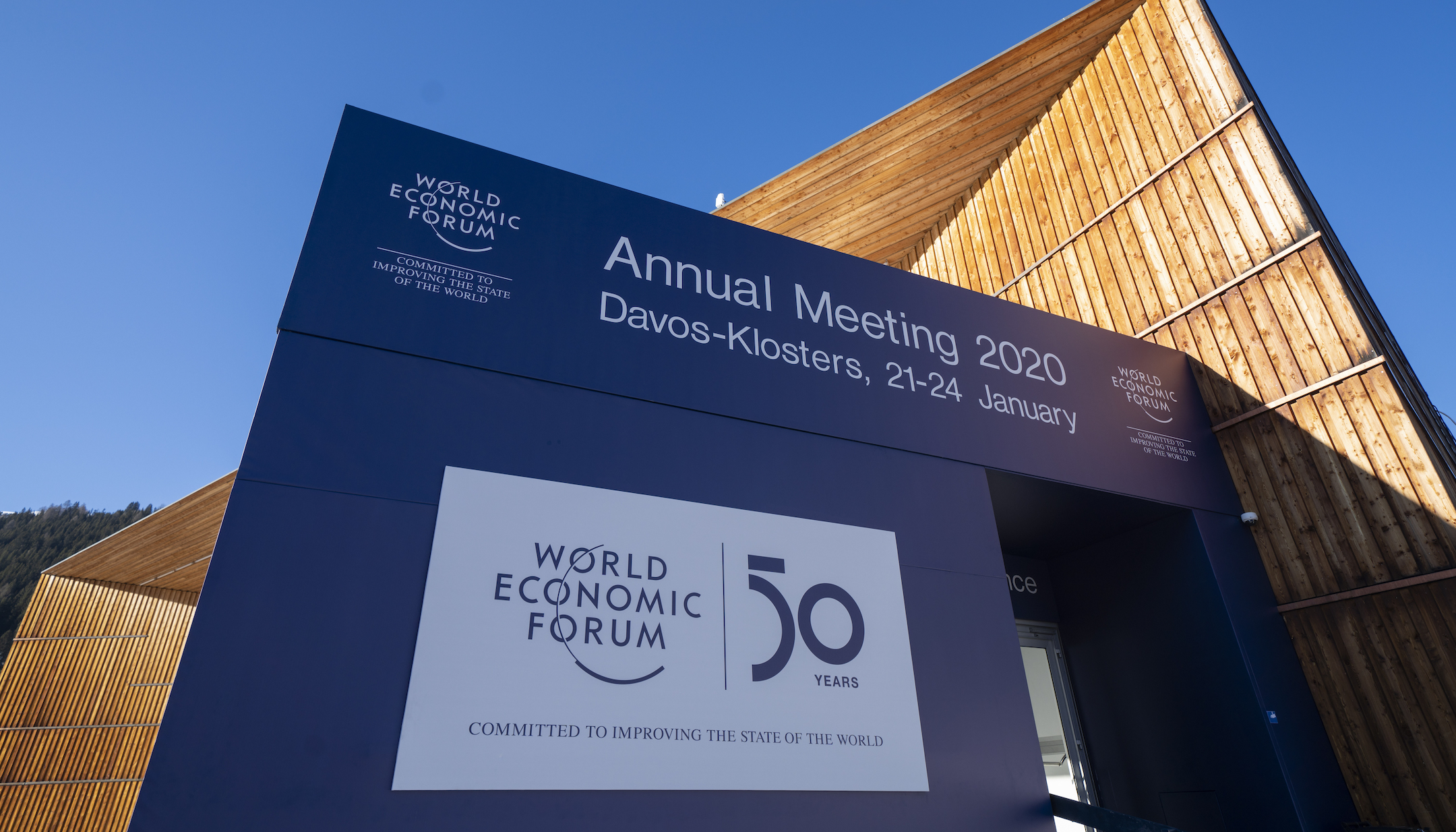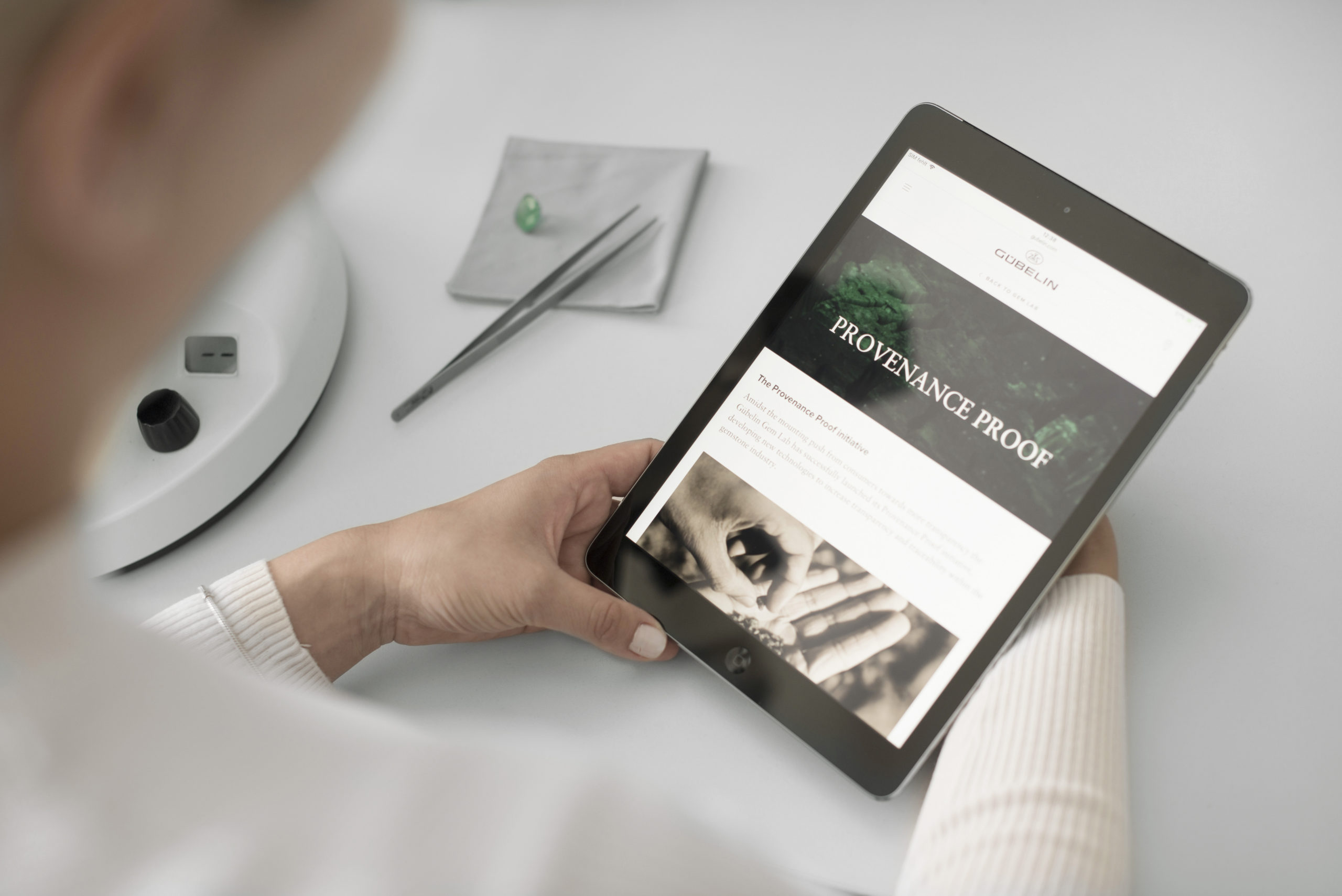09 Jul 2020
BY LEANNE KEMP
// CEO & Founder
As the UK opens talks with Australia and New Zealand on a post-COVID Free Trade Agreement, our CEO discusses the potential benefits for Australian start-ups and scale-ups.
Five years ago, I landed in London with a backpack full of ambition. My aim for Everledger was to build a provenance platform that would galvanise the global diamond industry. But what was the attraction of the UK? Why not launch in the US, Singapore, China or my native Australia?
Looking back, London was a no-brainer for Everledger. The UK is the epicentre of financial services, a magnet for tech talent and a trampoline to global marketplaces. Our decision to base in London has proved to be the bedrock of our success. We quickly developed keystone customer relationships and turned revenue within 12 months of arriving. There’s no better place to scale up an emerging technology company, given the high number of robust initiatives in place, many of which are driven by the UK government. Our business now has Everlegends working all over the world, including Australia, but our senior leadership team & scaling engine mostly remains in London.
Of course, 2015 was also the year that the UK government set the wheels in motion to exit from the EU. Then, after five years of hard political wrangling, the COVID-19 pandemic brought an additional set-back. However, there are green shoots emerging. A couple of weeks ago, the UK government announced its plans to fast-track a Free Trade Agreement (FTA) with Australia and New Zealand that will offer “mates rates” between these historic allies.
Honours even
So, where are the opportunities from this new FTA? The services industries are a good place to start. Australia is a fast-growing services economy, with vibrant start-ups in banking and insurance, legal services, transport, health, education and tourism, amongst others. That will only grow with greater access to the UK’s dominant service sector, which contributes over 80% of GDP.
Technology underpins all these services, and represents a burgeoning sector in its own right. The UK is a global leader in emerging technologies such as artificial intelligence, robotic engineering, data and software development, IoT, fintech, climate tech and blockchain. The FTA can help put Australian founders at the cutting edge of disruptive tech.
The draft FTA underlines the importance of reducing regulatory obstacles and increasing transparency on measures that affect trade and investment. This is good news. There is a dedicated chapter on helping SMEs to become exporters in new markets, alongside a commitment to craft data governance that will support open information sharing and prevent unjustified data localisation requirements. Both countries would reciprocate on intellectual property protection.
Earlier this month, the UK government announced a range of measures to help boost digital trade and establish the UK tech industry as a global player – not least as a way of accelerating the recovery from COVID-19. The strategy aims to “increase tech exports to fast-growing international markets, including Asia-Pacific, strengthen scale-ups’ market readiness to export, and attract investment to drive innovation and create jobs.” This will make the UK a more attractive place to do business and to do business with.
The FTA also highlights the need to “shape the rules for digital trade in a rapidly changing world”, underlining Australia’s track record of innovation on digital trade, having recently agreed the Australia-Singapore Digital Economy Agreement (DEA). “An FTA with Australia provides the perfect opportunity to reduce barriers to e-commerce and stimulate investment in new technologies,” it reads. Of course, the opportunity runs the other way too. The FTA goes on to call for “co-operation on technological change, innovation, research and development (R&D), and climate change; including the development of low carbon technologies”. These are all growth areas in the Australian start-up scene.
Strength in numbers
The FTA also promises to facilitate talent exchange. Will the current Youth Mobility Visa, which allows young Australians to work for two years in the UK, be extended? How might visa rules be reworded to encourage the emigration of highly skilled technicians, in both directions? There might also be special dispensation given to partner countries on mergers and acquisitions, whereby an Australian firm has the same commercial rights as a UK one.
On the global scene, the UK with Australia and New Zealand (alongside others such as Canada, Japan and Singapore) can amplify their joint-voice in trade arenas. That said, this FTA is not an “eggs in one basket” deal. The Australian government will be negotiating an agreement with the European Union, which remains its third-largest trading partner. Meanwhile, the UK has made no secret of its desire to pivot towards the Asia-Pacific market, as a means of diversifying its reliance on the EU and the US. The UK has one eye on joining the Comprehensive and Progressive Agreement for Trans-Pacific Partnership (CPTPP) – and Australia offers a “launchpad into Asia”, according to the draft FTA.
Outward looking
The pandemic, alongside recent protectionist moves in the US, has caused nations to look inwards and discuss the merits of self-sufficiency. The need to shore up fragmented supply chains has also risen up the agenda. However, these new trade deals show that governments still value open relationships with key partners.
“The symbolism and ongoing policy benefits of nailing an ambitious agreement now is probably more important than it has been for years,” said Australia’s trade minister Simon Birmingham in the Sydney Morning Herald. “I think in striking this deal and standing by our ambitions at this time, we will be providing a boost to confidence in our own countries but also an example to others to not be tempted by the lure of protectionism.”
For Australian founders, especially in the technology and services industries, the message is simple: watch this opportunity space. I would recommend any start up or scale up business to consider London as a bedrock decision for success. Likewise, for UK companies, there is a lot of new ground being broken in Australia, especially Queensland. Queensland has a resilient and diverse economy, pro-business government, solid growth forecast, highly skilled workforce and a strategic Asia-Pacific location, whilst offering international investors endless opportunities across a range of sectors. Go check it out.
Queensland is also the driving force behind export growth in Australia, with total merchandise exports accounting for about one-fifth of the nation’s total. This FTA can only help bring ambition together and make it flourish.










